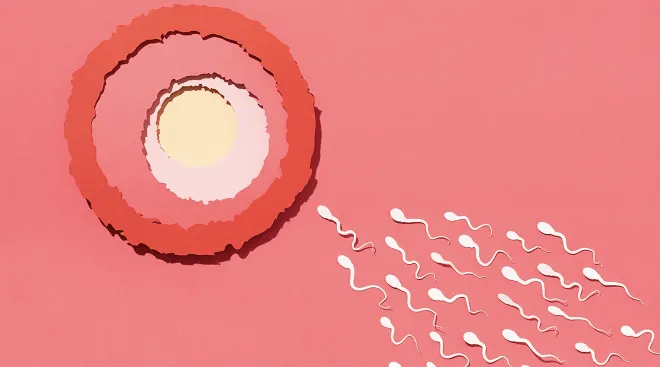How Much Fertility Treatments Cost
Think fertility treatments are only for fantastically wealthy celebs like Sarah Jessica Parker and Nicole Kidman? Think again. While some types of babymaking assistance can cost up to $100,000, there are others that can cost as little as $5 per month. So how much will they cost you? Well, we can’t tell you that exactly. “The actual costs vary depending on where you live,” says Natalie Burger, MD, a fertility specialist at Texas Fertility Center. “And insurance coverage for fertility treatment varies widely by insurance plan.”
Your age, medical history and fertility test results will help your doctor determine which fertility treatments may work best for you. These are some common ones, with prices for how much they usually cost in Burger’s area, Austin, Texas:
Oral Medications
Some of the most common fertility medications are oral medications, like Clomid or Femara. These medications are used to induce ovulation in women. And the great news about these is that they’re relatively inexpensive: about $5 to $20 per month. They’re commonly combined with intrauterine insemination (IUI). A typical cycle with oral medication, IUI and ultrasound monitoring can cost about $500 to $700 per month without insurance.
Injectable Hormones
There are some more potent hormones, called gonadotropins (“aka the injectables,” says Burger), which are a little more expensive — used with IUI, you could expect to pay about $2,500 to $3,500 per month. But they’re more powerful at boosting fertility. “These medications can be helpful to further increase the number of eggs that ovulate in a cycle,” says Burger.
Or your doctor might suggest a “hybrid” cycle — where an oral medication like Femara is combined with a low dose of the injectable hormones. That usually costs about $1,500 to $2,000 per month.
In Vitro Fertilization
In vitro fertilization (IVF) “is the most successful treatment option,” says Burger. If you go the IVF route, you’ll probably need medications, ultrasounds, blood work, anesthesia and embryology procedures, which could add up to a total of $13,000 to $14,000. “This figure can vary, depending on how much medication the patient needs or if special IVF procedures need to be done,” says Burger.
Frozen Embryo Transfer
Considering a frozen embryo transfer? This is where you can store an embryo taken during IVF to potentially use later. The ultrasound, blood work, embryology procedures and uterine transfer involved could total about $2,500.
Egg and Sperm Donation
If you decide to use donor sperm to get pregnant, you’ll probably pay about $500 for one vial of donated sperm. If you get IUI with it, it will cost about $330, and if you get IVF, it will cost the normal IVF rate (see above). Donor eggs are much more expensive: about $24,000 to $25,000 per cycle.
Gestational Carrier
Commonly known as a surrogate, a gestational carrier is a woman who can carry your pregnancy for you. If you go through an agency to find your gestational carrier, you could pay $80,000 to $100,000. If you have a sister or friend who’ll be your carrier, you’ll probably pay much less.
Egg Preservation
A typical egg preservation cycle is about $10,000 — but know that it can vary depending on the amount of medication needed to stimulate the ovaries.
How to Make Them More Affordable
Overwhelmed by those numbers? There are ways you may be able to pay less. “First, look closely at your insurance coverage to figure out which treatments are both medically appropriate for you and financially feasible,” suggests Burger. “If your insurance is coming up for renewal, consider speaking with your company’s HR department to see if there are plan choices that can better cover fertility treatment and evaluation.”
Currently, 15 states have laws that say insurance carriers must offer plans that include fertility treatment coverage, but unfortunately, your employer isn’t obligated to offer them. For more information for your particular state, check this out.
You might also want to contact your fertility treatment center and ask if it’s doing any studies you can participate in. Often, you can get reduced costs for taking part. “Many times clinics also have information on financing for patients who need it in order to proceed with treatment,” says Burger.
Please note: The Bump and the materials and information it contains are not intended to, and do not constitute, medical or other health advice or diagnosis and should not be used as such. You should always consult with a qualified physician or health professional about your specific circumstances.
Plus, more from The Bump:
Navigate forward to interact with the calendar and select a date. Press the question mark key to get the keyboard shortcuts for changing dates.




















































